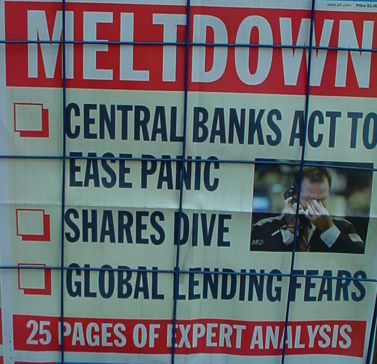
Trend # 4. Unsupervised adults
First it was unsupervised children. The thought that it was unsafe for children to play alone outside. But it appears that battery-farmed children are merely the beginning. Collectively, we are now so afraid of the unknown that adults (primarily men) are now seen as predatory until proven innocent – i.e. adults cannot be trusted and need supervision.For example, last summer I took my two boys, aged 8 and 6, to an outdoor swimming pool outside London. They got changed and we all walked over to the pool. They jumped in and I walked* over to a row of chairs a few feet away from them. In what seemed like a nanosecond a lifeguard appeared and informed me that I would have to move for “child protection reasons.” Apparently, being a man, I might be a risk. This was slightly odd. The only children in the swimming pool were my own kids. Presumably this was because, being an English summer, most parents had done a personal risk assessment and concluded that the water temperature in the outdoor pool might be a health and safety risk.This precautionary principle is now being applied to schools. Anyone wanting to physically enter a school (a parent with kids at school for instance) will have to undergo police checks to ensure that they are not a threat. What’s next — compulsory video monitoring inside every home in the country? Why not? If you weren’t doing anything wrong how could you object?** George Orwell is turning in his grave. I can see him with my live, government approved, security webcam.
* Running is obviously not allowed due to risk of injury and potential litigation
** I can think of several fairly serious objections to this idea






